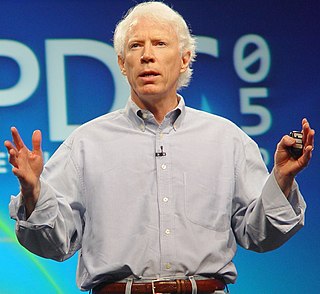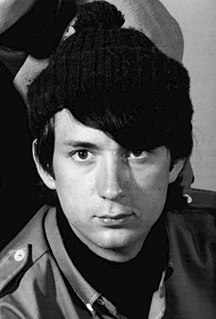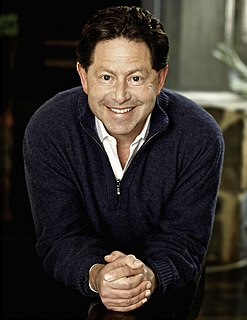A Quote by Paul Allen
There are people out there who don't see value in intellectual property, and so they're always going to have a problem if there are lawsuits involving intellectual property.
Related Quotes
The alternative to intellectual property is straightforward: intellectual products should not be owned, as in the case of everyday language. That means not owned by individuals, corporations, governments, or the community as common property. It means that ideas are available to be used by anyone who wants to.
As I understand it, I am being paid only for my work in arranging the words; my property is that arrangement. The thoughts in this book, on the contrary, are not mine. They came freely to me, and I give them freely away. I have no "intellectual property," and I think that all claimants to such property are theives.
Do I have a problem with Larry Ellison buying Sun? No, that's part of the capitalist system. As soon as we go public we're for sale, that's part of the deal. And do I have a problem with him exercising his intellectual property rights? No, I don't have a problem with that. Would it be how we necessarily ran and operated? Obviously not.


































